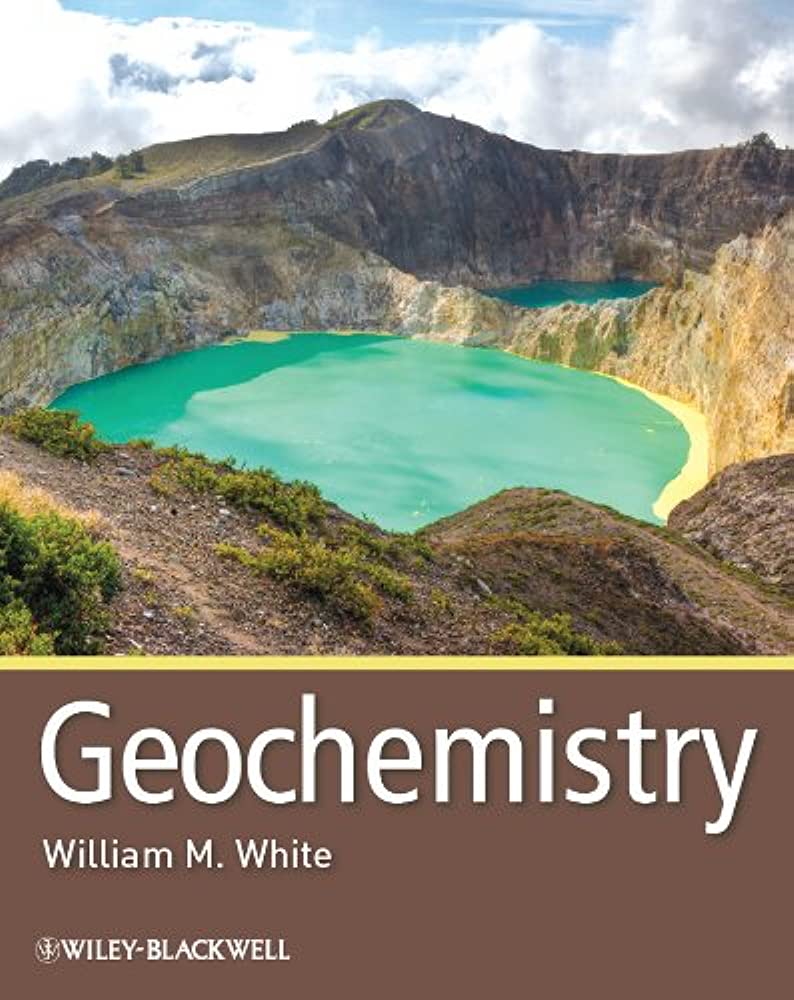Geochemistry is the branch of science that deals with the chemical composition and properties of rocks and minerals, and with the chemical processes that lead to their formation. It is a field of great importance to our understanding of Earth’s history, evolution, and current state.
Rocks and minerals are made up of a variety of elements—some naturally occurring, others synthesized in laboratories. The study of geochemistry seeks to understand the abundance and distribution of these elements in Earth materials, how they interact with one another chemically, and how they change over time. This knowledge is essential for deciphering Earth’s geological history and for unraveling contemporary environmental problems.
A key focus in geochemistry is understanding the cycles that govern the transport of elements between different reservoirs on Earth. For example, water vapor in the atmosphere picks up oxygen atoms from photosynthesizing plants and carries them aloft; eventually this oxygen rains down onto land surfaces, where it oxidizes rocks and minerals, releasing other elements into solution. These newly minted solutions may percolate downward through soils into groundwater aquifers or be carried off by surface streams to lakes or oceans. In either case, the dissolved elements will eventually be deposited as sediments—the raw material for future generations of rocks. And so it goes, over geological timescales: Elements shift constantly between solid rock reservoirs (such as crustal rocks), fluid reservoirs (such as groundwater or seawater), gaseous reservoirs (such as atmospheric gases), and biological reservoirs (such as plants or animals).


